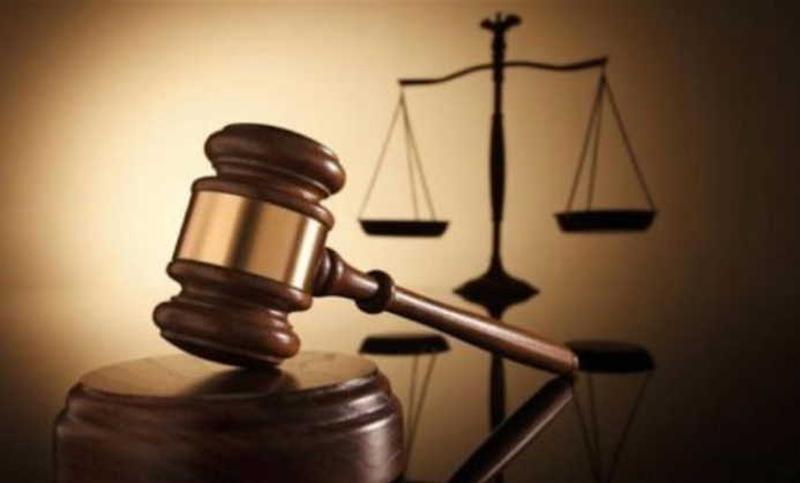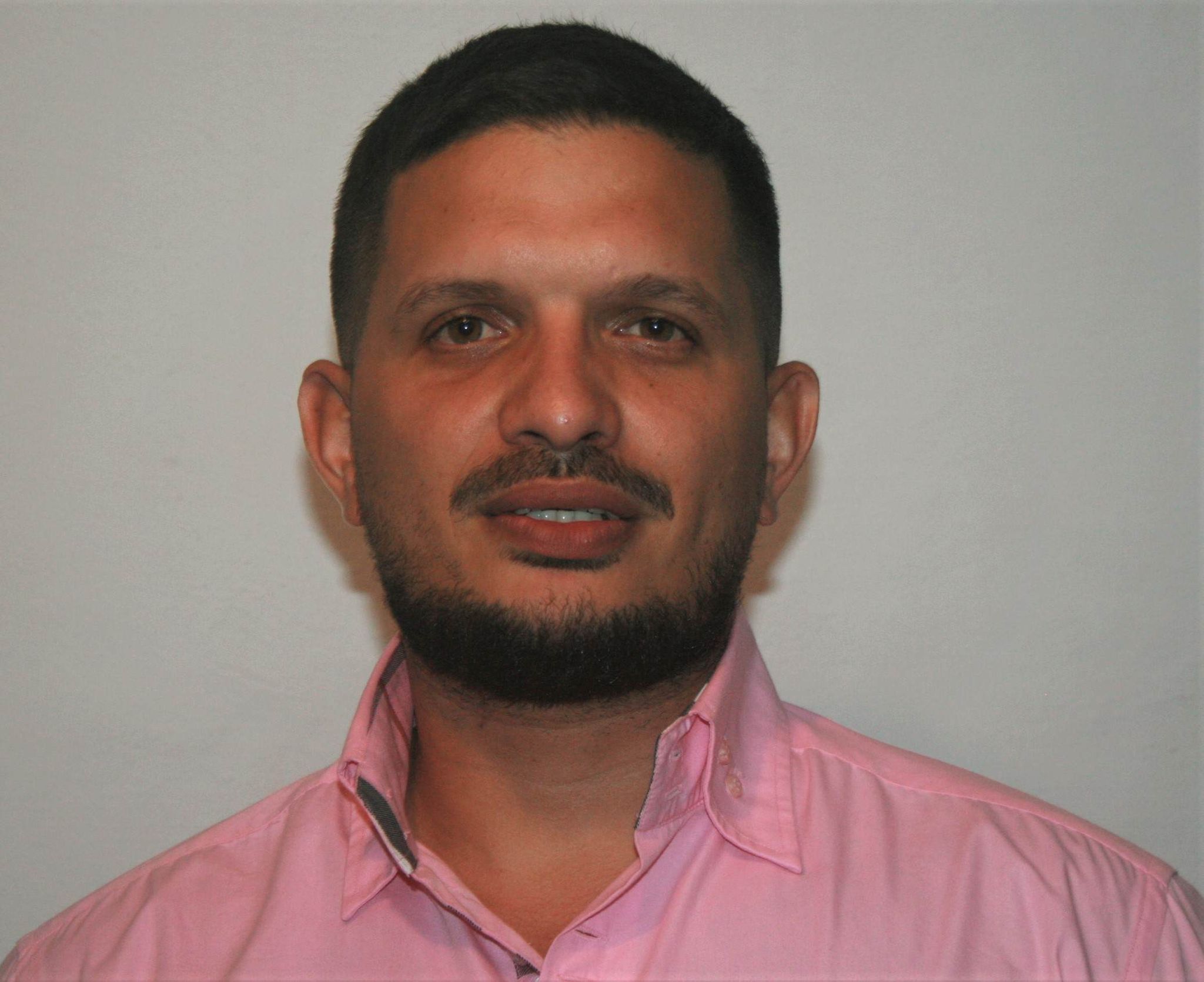
Cuba changes and updates itself in all aspects of its economic, political, and social reality, something that we all perceive to a greater or lesser extent. That is why transforming its Penal Code in this context and adapting it more to international conventions and the dynamics of the country is a necessary and foreseeable matter, in every sense.
Las Tunas, Cuba - In force since November 29 of this year, the new Penal Code reformulates the crime against the constitutional order and others against the security of the State and public disorders; besides incorporating now the Electoral Law of the nation.
 26 talked about these issues with the president of the First Criminal Chamber of the Provincial Popular Court of Las Tunas, Miguel Alexis Fonseca Ameller. The expert confirmed that with the regulation the criminal protection of the legally established socio-economic order receives a new design.
26 talked about these issues with the president of the First Criminal Chamber of the Provincial Popular Court of Las Tunas, Miguel Alexis Fonseca Ameller. The expert confirmed that with the regulation the criminal protection of the legally established socio-economic order receives a new design.
"The title of crimes of the national economic order is built, whose first group of figures is that of the family of the current crimes against the national economy, transferring to these those of the act in prejudice of the economic activity or contracting, embezzlement and other modalities of swindles.
"Likewise, crimes against the public treasury, labor rights, and social security are also transferred to this type, and the latter is updated with the protection of the rights of employees and entities belonging to non-state economic forms, adding those of labor harassment, malicious injury of labor rights, social security and illegal employment of work of underage persons.
"In addition, the confrontation of administrative and economic corruption is reinforced as established in the guiding documents of the last three congresses of the Communist Party of Cuba (PCC) and the Constitution of the Republic of Cuba."
For specialists, the novelty is also in the confrontation, from Criminal Law to gender and family violence, as well as all forms of discrimination, developed normatively in several articles and add a new title linked to the Animal Protection Law, which is included among the acts that are carried out against the environment.
The Penal Code is closely linked to the Family Code and the provisions of the Constitution, therefore it redefines the crimes against the right to equality, punishing acts against privacy or the image, voice, data, or identity of another person.
"A new group of crimes arises which are reflected in everything related to the integrity of telecommunications, information technologies, whose objective is to protect the security, integrity and punish the illegal broadcasting of satellite signals, television, radio, and telecommunications services. It regulates criminal acts and they are sanctioned as such as long as they do not constitute a more serious crime."
The president of the First Criminal Court emphasized that the regulation ratifies the will to abolish the death penalty, which is only maintained in cases of crimes of extreme violence, considering among these some crimes against the security of the State and terrorism, in addition to international drug trafficking and murder. At the same time, he emphasized that the maximum of 30 years for the deprivation of liberty is maintained, exceeding that figure only in cases of extreme exceptionality.





